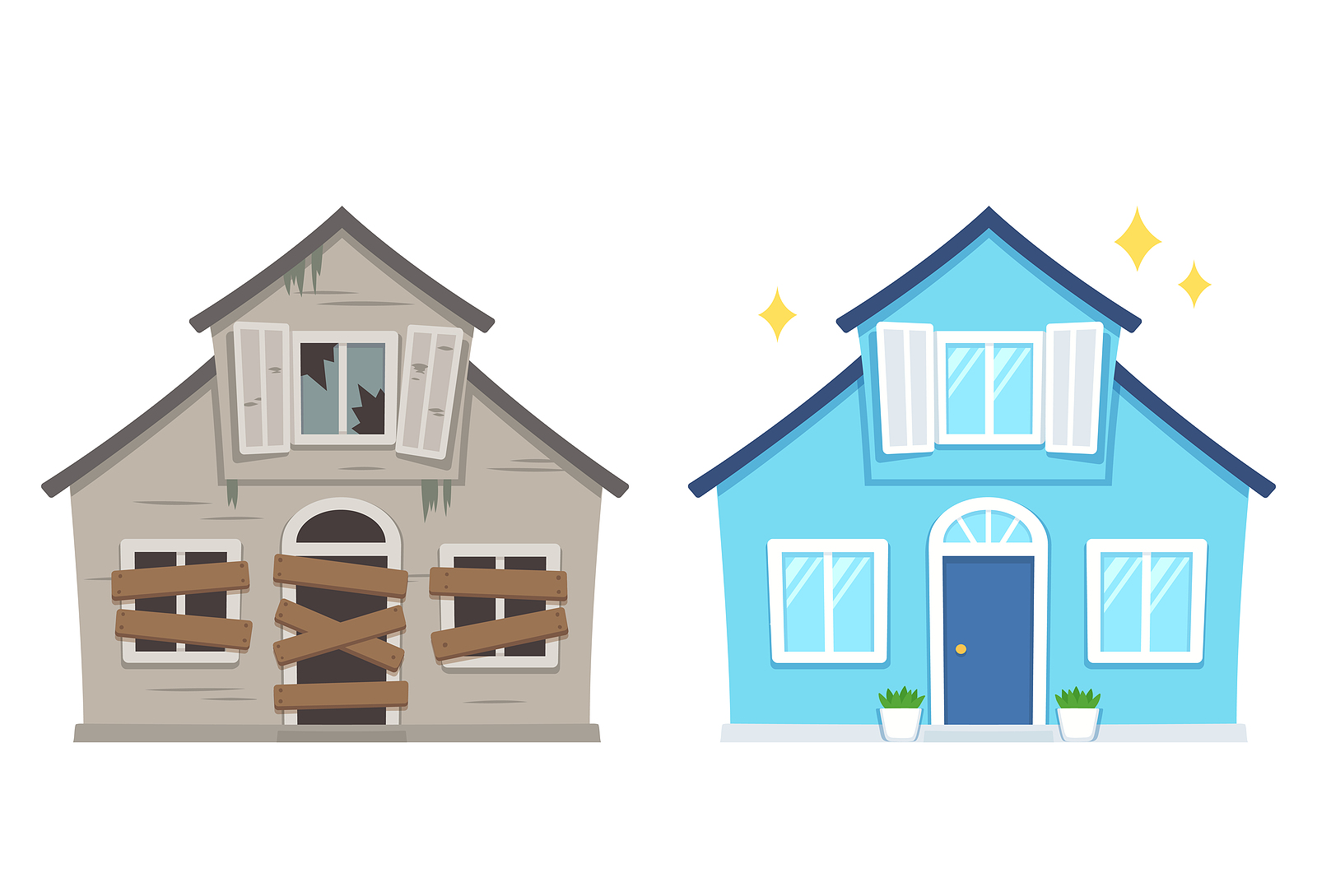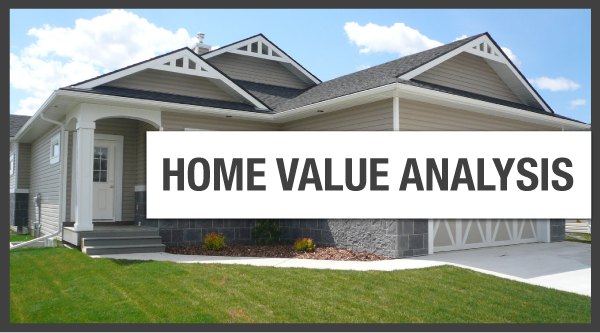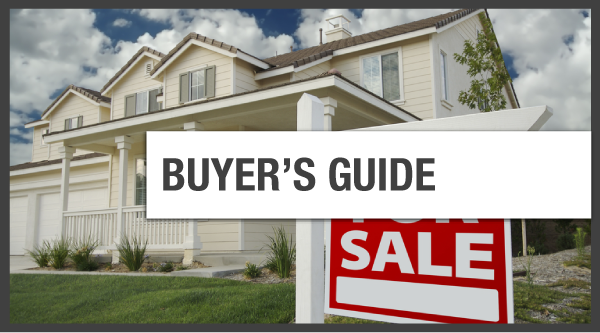Strategies for Selling a House in Poor Condition: How to Attract Buyers
To sell a house in poor condition, start by setting a realistic price that reflects the market yet attracts deal-seekers. Highlight the property’s potential, focusing on cost-effective repairs and upgrades that boost appeal. Staging your home effectively can also make a significant difference, creating a welcoming environment that allows buyers to envision living there. Leveraging social media to showcase your home’s potential and crafting compelling listings that focus on unique selling points are key. Hosting open houses with incentives like covering closing costs can further entice buyers. Exploring these strategies more deeply can reveal additional insights to maximize your home’s appeal.
Assessing Your Home’s Value
Evaluating your home’s value is the first critical step before considering its sale, especially if it’s in poor condition. Understanding the current market trends is essential in this process. You’ve got to keep an eye on how similar homes in your area are faring—those in prime condition and those with a few more dings and scratches. This comparison gives you a clearer picture of what buyers might be willing to pay for your property, despite its flaws.

However, it’s not just about the numbers. Legal disclosures play a significant role as well. You’re required to be upfront about your home’s condition, detailing any known issues that could affect its value. This transparency is vital, not only for adhering to the law but also for building trust with potential buyers. They’ll appreciate your honesty, and it can pave the way for a smoother sale.
Setting a Realistic Price
Setting a realistic price for your home, especially when it’s in poor condition, requires balancing optimism with the hard truths of the market. You’ve got to understand that buyers looking at homes in less-than-ideal shape are often hunting for deals. They’re aware of the work needed and are calculating these costs into their offers. This is where a thorough market analysis becomes invaluable. You can’t simply guess what your home is worth; you need concrete data on what similar homes, in similar conditions, have sold for in your area. This analysis will give you a solid foundation for setting a price that’s competitive yet fair.
Highlighting Potential Upgrades
When selling a house in poor condition, it’s essential you highlight the home’s potential for upgrades. You’ll want to identify key improvements that can transform the space, offering buyers a vision of what could be. Discussing cost-efficient upgrade ideas can also help buyers visualize future renovations, making the property more appealing.
Identify Key Improvements
Identifying key improvements can greatly enhance your home’s market appeal, even if it’s currently in poor condition. By focusing on areas that align with current market trends and making sure you meet all legal considerations, you can make your property more attractive to potential buyers. It’s not just about cosmetic upgrades; it’s about making strategic choices that highlight your home’s potential.
- Market trends: Stay informed about what buyers in your area are looking for. This could mean prioritizing certain types of renovations over others.
- Legal considerations: Guarantee any improvements comply with local building codes and regulations, avoiding future legal issues for you or the buyer.
- Highlight potential: Use these improvements to showcase what could be, helping buyers envision the home’s possibilities.
Cost-Efficient Upgrade Ideas
To boost your home’s appeal without breaking the bank, focus on cost-efficient upgrades that can greatly lift its overall impression. Start with DIY landscaping to enhance your home’s curb appeal. This doesn’t have to be complex; simple actions like trimming overgrown bushes, adding mulch to garden beds, and planting a few colorful flowers can make a significant difference.

Next, consider furniture refurbishing. You don’t need to buy new furniture to refresh your space. Sanding down and repainting or re-staining old pieces can breathe new life into them, making your interior look more inviting without a hefty price tag. These simple yet effective strategies can make your home more attractive to buyers while ensuring you’re not overspending on pre-sale improvements.
Visualize Future Renovations
Imagine transforming your home’s potential by envisioning future renovations that could greatly increase its value and appeal. By highlighting potential upgrades, you’re not just selling a space; you’re offering a vision. This approach can captivate buyers who see beyond the current state to what could be. Here are key aspects to emphasize:
- Renovation financing options show buyers how accessible their dream transformation can be.
- Streamlined permit processes assure them that bureaucratic hurdles can be efficiently managed.
- Potential upgrade impacts, such as expanded living spaces or modernized kitchens, illustrate the tangible benefits of their investment. Emphasizing these points helps buyers understand not just the home they’re buying, but the home they could create.
Making Cost-Effective Repairs
Making cost-effective repairs can greatly enhance your home’s market value without draining your wallet. To begin with, it’s important to prioritize which repairs will give you the most bang for your buck. Focus on fixing structural issues and ensuring all systems (electrical, plumbing, heating) are in good working order. These improvements not only increase your home’s appeal but also prevent potential buyers from being scared off by major defects. Before you begin any repairs, check if you need repair permits. This step is often overlooked, but failing to obtain the necessary permits can lead to legal headaches and fines. It also assures buyers that the work was done up to code, adding an extra layer of trust.

Be cautious of DIY pitfalls. While it’s tempting to save money by doing repairs yourself, overestimating your skills can result in subpar work that might even devalue your property. If you’re not confident in your abilities for certain tasks, hiring a professional is a smart investment. They can fix issues more efficiently and possibly even save you money in the long run by avoiding costly mistakes.
Staging for Success
Staging your home effectively can greatly enhance its appeal to potential buyers, even if it’s in less-than-perfect condition. By carefully selecting and arranging furniture, you can highlight your home’s strengths and distract from its flaws. But where do you start?
Furniture rental and decluttering are your best friends in this process. Furniture rental allows you to furnish your home attractively without the need to purchase new items. This strategy is especially useful for rooms that lack definition or purpose, as well-arranged furniture can suggest how spaces can be used, making them more appealing to buyers. Here are three key points to keep in mind:
- Furniture rental: Opt for pieces that complement the size of your rooms. Avoid overcrowding spaces but make sure there’s enough furniture to suggest functionality.
- Decluttering tips: Remove personal items and excess clutter. This helps buyers envision themselves in the space, making it easier for them to imagine living there.
- Strategic placement: Arrange furniture to showcase the room’s flow and highlight architectural features. Use lighting and mirrors to brighten dark corners and create a sense of spaciousness.
Professional Photography Tips
Moving on, let’s explore how professional photography can significantly improve the presentation of your house. To truly capture its potential, you’ll need to highlight its best features and employ effective lighting techniques. This approach can transform the way buyers perceive your property, even if it’s in poor condition.

Highlighting Best Features
One effective strategy to showcase your home’s potential, even in poor condition, is to invest in professional photography that highlights its best features. By focusing on aspects like curb appeal and neighborhood benefits, you can attract buyers who see beyond the imperfections.
- Curb Appeal: A well-framed photo of the exterior can capture the charm and potential of your property, making a strong first impression.
- Neighborhood Benefits: Showcase nearby amenities or scenic views that add value to living in the area.
- Unique Features: Highlight architectural details or spaces within your home that offer character and uniqueness, setting it apart from others.
Effective Lighting Techniques
Utilizing effective lighting techniques can dramatically enhance your home’s appeal in photographs, often making spaces appear more inviting and spacious. Embracing natural daylight is key. Open curtains wide and schedule photo shoots during the brightest times of the day to capture a fresh, airy feel. This makes even the most compact rooms look larger and more welcoming. Incorporate color psychology to evoke specific emotions. Warm light bulbs can make living spaces feel cozy and intimate, while cool white bulbs in bathrooms or kitchens create a sense of cleanliness and efficiency.
Remember, the goal is to make potential buyers feel like they could live there. Lighting isn’t just about visibility; it’s about creating mood and highlighting your home’s best features, even if it’s in poor condition.
Crafting Compelling Listings
To craft a compelling listing for a house in poor condition, you’ll need to highlight its potential and unique features. Focus on what makes your property a worthwhile investment or project for the right buyer.
Understanding current market trends and buyer demographics can guide you in tailoring your listing to appeal to those most likely to be interested. It’s not just about selling a house; it’s about selling a vision of what the house could become. In constructing your listing, consider these important points:
- Emphasize Unique Selling Points: Whether it’s the property’s location, a particular architectural detail, or the size of the lot, make sure these features are front and center.
- Be Honest but Positive: Acknowledge the home’s condition upfront but focus on the potential for transformation.
- Highlight the Benefits: If the home is in a sought-after area or has redeeming qualities that are hard to find in the market, make sure these are highlighted. Crafting your listing with these considerations in mind won’t only attract potential buyers but also help them see the value and potential of a house that needs work.
Leveraging Social Media
Utilizing the power of social media can greatly enhance your efforts to sell a house in poor condition. By tapping into platforms where potential buyers spend their time, you’re not just casting a wider net—you’re also engaging with your audience where they’re most comfortable.

Start by creating appealing posts that highlight the potential of your property despite its current state. Use before-and-after visuals of similar renovations to spark imagination and interest. Don’t underestimate the value of social media analytics. These tools allow you to understand which types of content resonate most with your audience, enabling you to refine your strategy and target your posts more effectively. Pay attention to metrics like engagement rates and click-throughs to gauge interest levels and adjust your approach as necessary.
Another powerful strategy is to form influencer partnerships. Collaborating with influencers in real estate or home renovation niches can significantly amplify your reach. These influencers already have the trust and attention of your target market, making their endorsements particularly valuable. Choose partners whose audiences align with potential buyers for a house in poor condition and work together to showcase the property’s hidden potential.
Hosting Impactful Open Houses
When it comes to selling a house in poor condition, hosting impactful open houses can be your secret weapon. You’ll want to focus on enhancing the visual appeal to make a strong first impression. Engaging potential buyers from the moment they step in is important for standing out in their minds.
Enhancing Visual Appeal
Improving your home’s visual appeal can greatly impact the success of your open houses, making potential buyers more interested in your property. Focusing on a garden makeover and enhancing your home’s curb appeal are essential steps in this process. These improvements not only make your property more attractive at first glance but also signal to potential buyers that the home has been well-cared for.
- Garden Makeover: Plant colorful flowers and keep the lawn well-maintained to create an inviting entrance.
- Curb Appeal: Update exterior paint, repair any visible damage, and make sure walkways are clear and inviting.
- Clean and Declutter: A clean, clutter-free home looks bigger and more appealing, encouraging buyers to imagine themselves living there.
Engaging Potential Buyers
To effectively engage potential buyers, hosting impactful open houses is essential in showcasing your home’s best features. Prior to your open house, conducting thorough market research is vital. This research will guide you in understanding what potential buyers are looking for and how to price your home competitively, even in poor condition. Highlight the unique aspects of your property that might appeal to buyers’ needs and preferences. Additionally, offering buyer incentives can make a significant difference.

Think about including a home warranty or offering to cover closing costs to make the deal more attractive. These strategies not only draw attention to your open house but also demonstrate your commitment to facilitating a smooth transaction for the buyer. Engaging buyers effectively means understanding their needs and sweetening the deal to make your home stand out.
Negotiating Offers Strategically
Mastering the art of negotiating offers strategically to secure the best possible deal when selling a house in poor condition is crucial. While you might feel cornered by the state of your property, remember, you’ve still got cards to play. This stage is all about leveraging what you can offer and being upfront about what you can’t. Here’s how:
- Provide Buyer Incentives: Sweeten the deal by offering to cover closing costs or including appliances in the sale. These gestures can make your offer more appealing, despite the property’s condition.
- Be Honest with Legal Disclosures: Transparency about your home’s issues isn’t just ethical; it builds trust. Full disclosure can prevent legal issues down the line and foster a positive negotiation atmosphere.
- Flexibility in Terms: Sometimes, the price isn’t the only sticking point. Offering flexibility in other terms, like the closing date or certain contingencies, can make your offer more attractive to buyers.
Conclusion
Selling a house in poor condition requires strategic planning. Assess its value, set a realistic price, and highlight its potential. Don’t overlook cost-effective repairs, and stage them to impress. Your listing should grab attention, and leveraging social media can spread the word far and wide. Host open houses that leave an impact and negotiate offers with savvy. By following these steps, you’ll catch the eye of buyers who are ready to see the potential in your property.
Powered by WPeMatico
|
Want To Learn More?
|

|
|
Chat with us!
|
|
Want To Learn More?
|

|
|
Chat with us!
|







